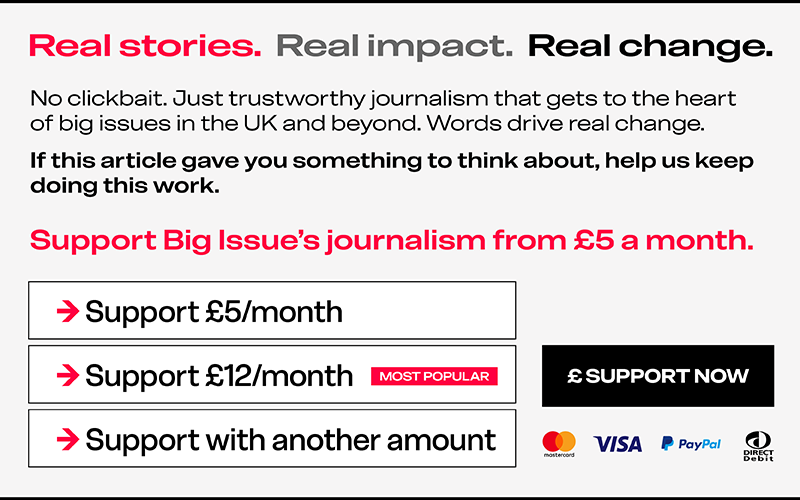When Labour came into government, they did so on the promise of closing the health inequalities gap. Keir Starmer pledged to focus the NHS on prevention. Meanwhile, their manifesto promised to “raise the healthiest generation of children in our history” and to act on the social and economic causes of health inequalities.
These ambitions reflect a key truth: good health is not just about hospitals. It is shaped by the air we breathe, the food we eat, our income and our housing. In the communities we work in across South London, health outcomes vary profoundly from street to street. Where you live shapes how long you live, and how well.
That’s why I welcome commitments in the recent 10 Year Health Plan for England. Alongside urgent NHS reforms the plan spotlights the need for radical action on the economic and social drivers of health. The challenge now is to build on that recognition, with the ambitious policies that we know work to create healthier and more equitable places.
At Impact on Urban Health, we work with partners to address the systems that shape health in urban areas. From debt advice in GP surgeries to air pollution, we have seen where progress is being made, and where more urgent action is needed.
Children’s health and food: Encouraging signs but action must follow
Health and food are undeniably linked to inequality. Consider that 44% of junk food ads are in the lowest income areas, compared to 4% in the wealthiest.
Here the government has moved quickly. A landmark commitment to extend free school meals can help ensure more children get the healthy food they need to learn. Plans to require large food companies to report on the healthiness of their sales will incentivise nutritious, affordable food options.










